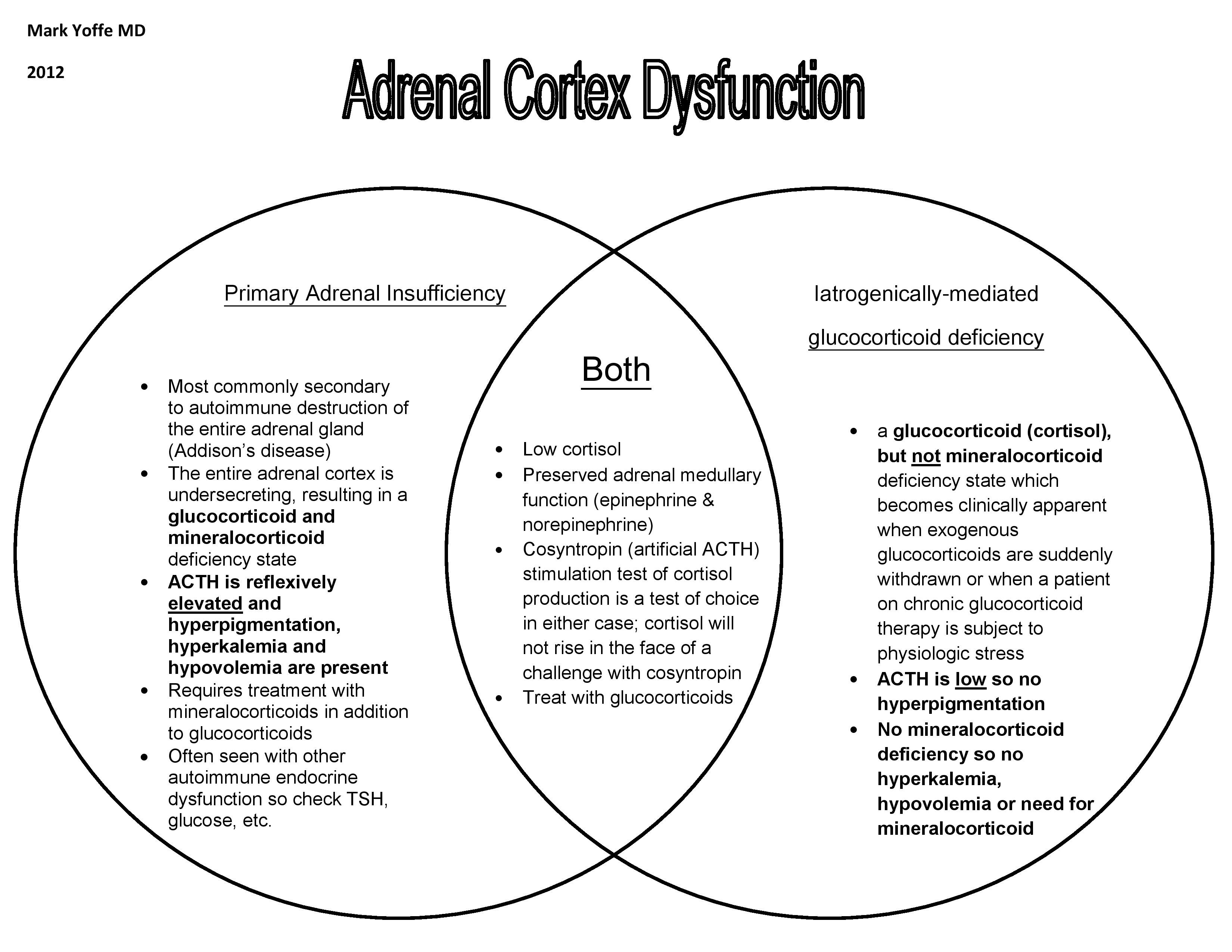Category: Endocrinology
-

How the Endocrine System Works (2016)
No one in the medical community has so far been successful at stopping the epidemic of terrible endocrinology books that has been plaguing the medical community for decades. I won’t name names but have a look at what’s out there and you’ll be stunned: the market is full of bloated endocrinology tomes that have many…
-
How to Fix Common Glucose Problems in Diabetics
Below is a list of common glucose problems, which commonly occur in diabetics, along with their solutions: Hyperglycemia Fasting – increase basal insulin Pre-lunch – increase breakfast rapid acting insulin or increase morning NPH (intermediate acting) Pre-dinner – increase lunchtime rapid acting insulin or increase morning NPH Hypoglycemia Fasting or nocturnal – decrease basal insulin at bedtime…
-
Hypermineralocorticoidism Explained
Introduction Aldosterone is the most important mineralocorticoid in the human body, although various other hormones, such as cortisol, display mineralocorticoid activity as well, namely they cause hypertension, hypokalemia, and chloride resistant metabolic alkalosis (urine chloride > 20). In addition, mineralocorticoids can also cause hypernatremia and hypervolemia. The triad of hypertension, and hypokalemia and chloride resistant metabolic alkalosis should…
-

Iatrogenically-Mediated Glucocorticoid Deficiency
Iatrogenically-mediated glucocorticoid deficiency Iatrogenically-mediated glucocorticoid deficiency is a condition that occurs when prescribed glucocorticoids are abruptly withdrawn. Signs and symptoms include weakness, nausea, vomiting and hypotension. Secondary adrenal failure is an inferior and confusing term for what should be more appropriate termed iatrogenically-mediated glucocorticoid deficiency, Secondary adrenal failure incorrectly implies that all of the hormones made by the adrenal gland, including mineralocorticoids and adrenal…
-

Multiple Endocrine Neoplasia (MEN) Syndromes – Mnemonic
This will help you keep the multiple endocrine neoplasia syndromes straight in your head: MEN1: the number “1” in MEN1 should remind you of primary or prime number. MEN1 involves things that start with the letter P: Pituitary adenoma Parathyroid hyperplasia Pancreatic islet cell tumors (gastrinoma, insulinoma, glucagonoma) MEN2A: happens to involve the letter C (This is MEN2A, so there are…